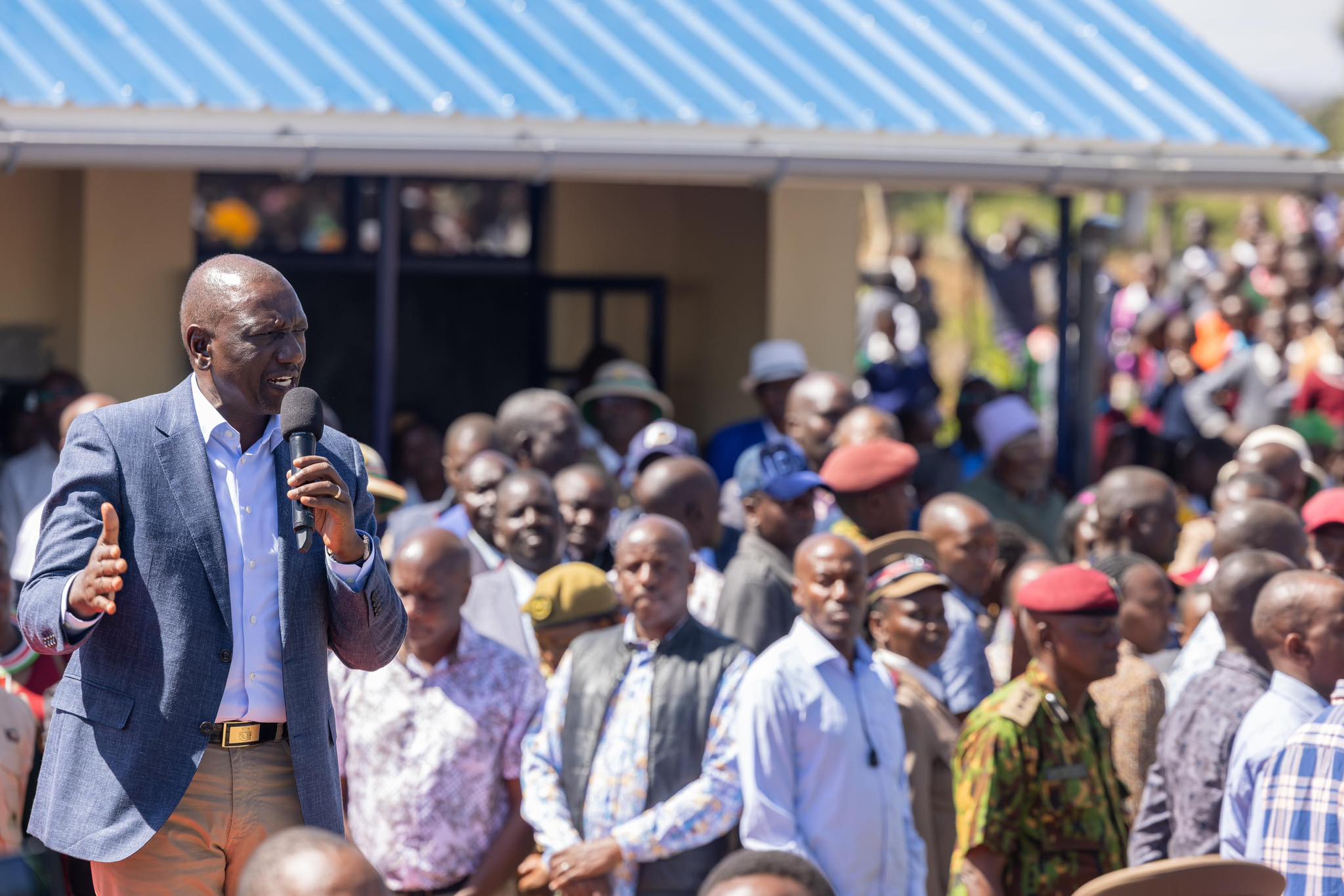By Roy Hezron
Nairobi City County is planning to allocate Ksh 866.7 million over the next five years to the state department of cooperatives to be used for cooperative development and audit.
The move is also to facilitate the growth of a vibrant cooperative movement with financially strong and well managed cooperatives in the county.
According to the draft 2023-2027 County Integrated Development Plan (CIDP), released for public participation in February, 2023, Ksh 703 million of the total amount will be used for co-operative development while Ksh 168.7 million will be used for co-operative audit.
The plan targets to improve the accountability and development of cooperatives societies through provision of mechanisms for optimal uptake of Cooperatives development. It also targets to increase accountability and transparency in cooperative societies and promote growth and development of co-operative societies through institutionalized good governance.
On Cooperative Development, the county is targeting to increase the number of co-operatives by registering a total of 600 co-operatives in the next five years at a budget of Ksh 79.5 million.
This will entail registering 120 cooperatives each year for the five year period, with a proposed budget cost of Ksh 24.5 million this year 2023, Ksh9.5 million in 2024, Ksh12.5 million in 2025, Ksh15.5 million in 2026 and Ksh17.5 million in 2027.
A survey done in 2020 by the State Department for Cooperatives showed that Nairobi City County had the highest number of active co-operatives at 3,146.
As at December 2018, the total number of registered cooperatives stood at 23,275 out of which only 8,814 were active co-operatives.
The county also plans to increase the number of inspections it will carry out for co-operatives at an estimated budget of Ksh 87 million for the 5 year period.
It targets to do 80 inspections yearly at Ksh 27 million in 2023, Ksh 12 million in 2024, Ksh 14 million in 2025, Ksh 16 million in 2026 and Ksh 18 million in 2027.
It also plans to train 185,900 cooperative members for 5 years at a total cost of Ksh 139.5 million.
This will be broken down as below: 35,000 members in 2023 at a cost of Ksh37.5 million, 36,500 members in 2024 at a cost of Ksh 22.5 million, 37,000 members in 2025 at a cost of Ksh 24.5 million, 38,000 members in 2026 at a cost of Ksh 26.5 million and 39,400 members in 2027 at a cost of Ksh 28.5 million.
Other proposed allocations on cooperative development include a total of Ksh 139.5 million to be used to increase the number of cooperatives general meetings with the county targeting to preside over a total of 7,000 meetings over the next five years and Ksh 57.5 million to revive 200 dormant cooperatives.
The target is to revive 40 cooperatives annually at a cost of Ksh 11.5 million.
The county is targeting to use Ksh60 million over the next five years to conduct 40 consultative meetings. The plan is to hold 8 meetings annually at a cost of Ksh 12 million.
It also plans to use Ksh 25 million each for Ushirika Day and cooperative exhibition days with each year being allocated a budget of Ksh 5 million respectively.
The County is also planning to acquire and install a County Cooperative Management Information System (CCMIS) this year at a cost of Ksh 40 million and set up 5 office Boroughs at a cost of Ksh 50 million.
On Cooperative Audit, the county is targeting to use Ksh 75 million on statutory audits, design 5 risk mitigation manuals to create awareness on risk assessment and preventive control and use a budget estimate of Ksh 25 million to present audited accounts in AGMs.
Ksh 5.7 million will be used to raise revenue through audit fees, Ksh 9 million on staff capacity building, Ksh 36million on Co-operative leaders training to promote good governance practices and Ksh 13million on staff recruitment to ensure succession management staffing levels.



